The amino acid tryptophan produces the compound 5-Hydroxytryptophan (5-HTP). According to science, 5-HTP is a precursor to the neurotransmitter serotonin and the hormone melatonin. Serotonin is a vital hormone that stabilizes your well-being. It is for this reason that 5-HTP supplements that make serotonin have become increasingly popular.
Here are the 6 surprising 5-HTP benefits for you to learn!
- Lifts Mood
When you take 5-HTP, you will likely notice a mood uplift. Typically, if you consume something like caffeine or chocolate, after a while, your mood comes down, and this can also lead to a miserable crash. However, with 5-HTP, your elatedness will coast off slowly.
Do take note that 5-HTP does not last long in the body, so it might not be beneficial for depression. However, some small studies indicate how 5-HTP might work to help treat some instances of depression.
- Improves Sleep
5-HTP increases serotonin levels, which later converts into melatonin, a hormone that helps regulate sleep-wake cycles.
In a human-based study, a nutritional pairing of GABA and 5-HTP helped improve the quality of sleep. So, if you have insomnia issues, you can look into consuming 5-HTP to see if it helps. However, do consult your health provider first.
- Helps with Symptoms of Fibromyalgia
Fibromyalgia is a disorder characterized by muscle and bone pain, also, general weakness. It is still unknown what causes fibromyalgia. Researchers believe a lack of serotonin levels may have a link with said condition.
Certain studies do show that 5-HTP may alleviate fibromyalgia symptoms that include muscle pain, sleep problems, anxiety, and fatigue.
- Aids with Appetite Suppression
5-HTP increases the feeling of fullness, which causes the body to eat less and lose weight faster in the long run. In a study, people with diabetes received 5-HTP for two weeks. Results showed that people who took 5-HTP consumed fewer calories compared to those who were given a placebo.
One study with bulimic participants found that food consumption increased when there were low levels of tryptophan in the body. Patients experiencing a low mood were more concerned about their body image and noted a lack of control over their food eating habits following a single, depleted tryptophan meal.
Tryptophan depletion significantly increases the need to consume sweets. Studies show that providing sufficient tryptophan (5-HTP) to make serotonin is a critical factor in regulating appetite, especially among individuals with binging tendencies.
- Reduces Migraine Frequency and Severity Level
Studies indicate that 5-HTP helps prevent migraines, and reduces their frequency and the severity too. In a six-month trial, 5-HTP (600 mg/day) was observed to as effective as the standard medicine methysergide, a conventional migraine medication. Reduced-intensity and duration of migraines were quite noticeable in 71% of participants who took 5-HTP.
- Inhibits Panic and Anxiety attacks
In smaller studies, people who suffered from severe panic attacks, due to lack of serotonin, found great relief after taking 200 mg of 5-HTP. In other studies, young adults suffering from stress or anxiety due to relationship issues showed decreased levels of anxiety after taking 5-HTP for 3-weeks. The research attributed the positive outcomes to an increase in BDNF and serotonin levels.
Precautions
Are you interested in taking 5-HTP? Well, individuals who can’t take 5-HTP supplements include:
- People who already take anti-depressants.
- People who suffer from liver disease.
- Pregnant and breastfeeding women.
If you are taking other medications, or suffer from high blood pressure or diabetes, do discuss with your doctor if consuming 5-HTP is a good option for you.
Wrapping It Up
There still needs to be a lot of research conducted on how 5-HTP impacts mood, sleep, appetite, migraine, panic, and anxiety levels. Taking 5-HTP in a high dosage can be dangerous. So, it is best to discuss with a health care provider. Don’t try to manage the doses yourself (don’t self-medicate).

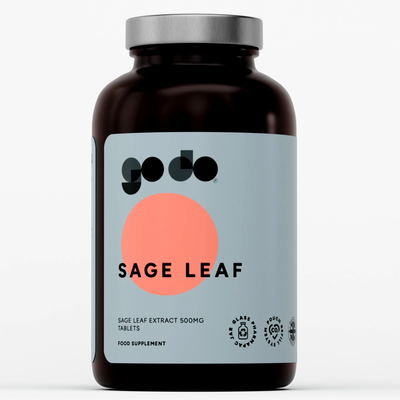
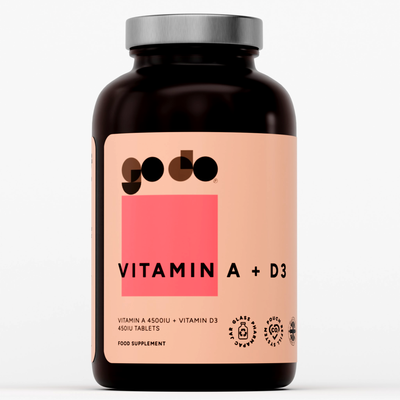
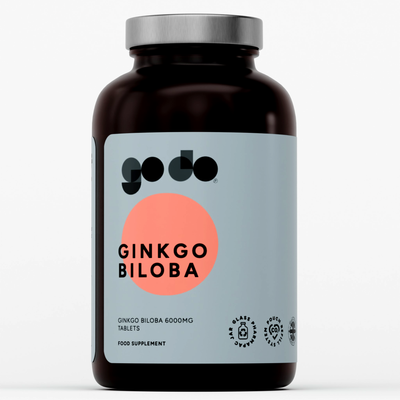
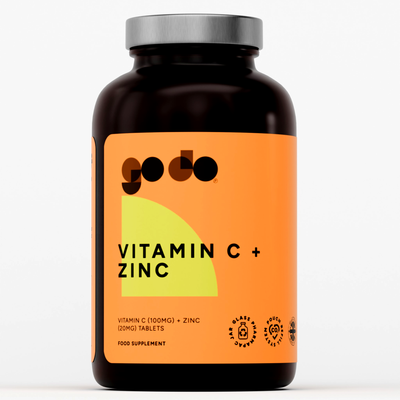
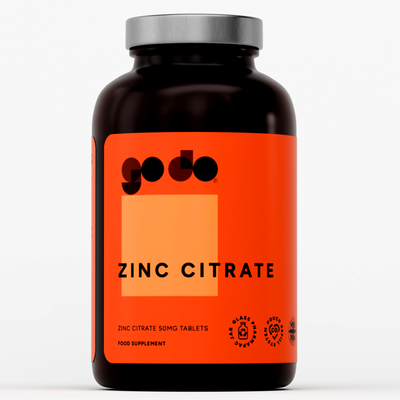
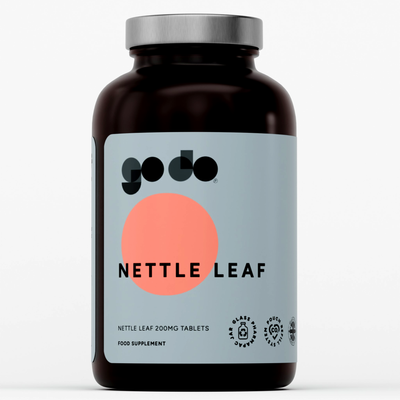
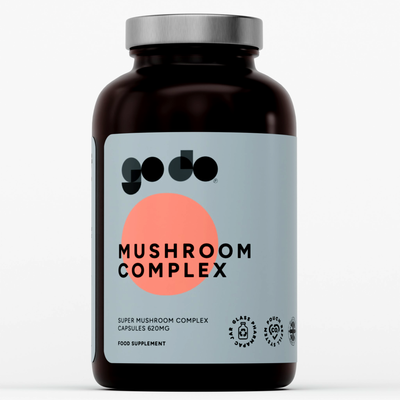
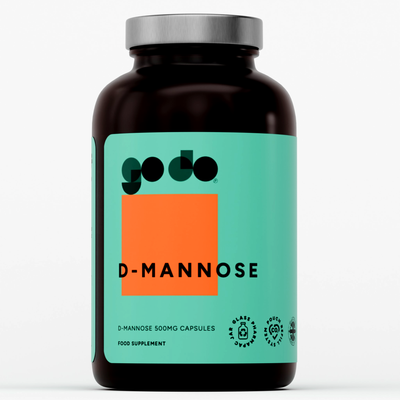

























![[HERO] The Art of the Taper: How to Plan Your Final Two Weeks Before Race Day](http://fitnesshealth.co/cdn/shop/articles/2WG7g_g_3U7_e4dc77fa-345c-4373-b2cd-c26c9fc4a19b.webp?v=1770240374&width=800)





























